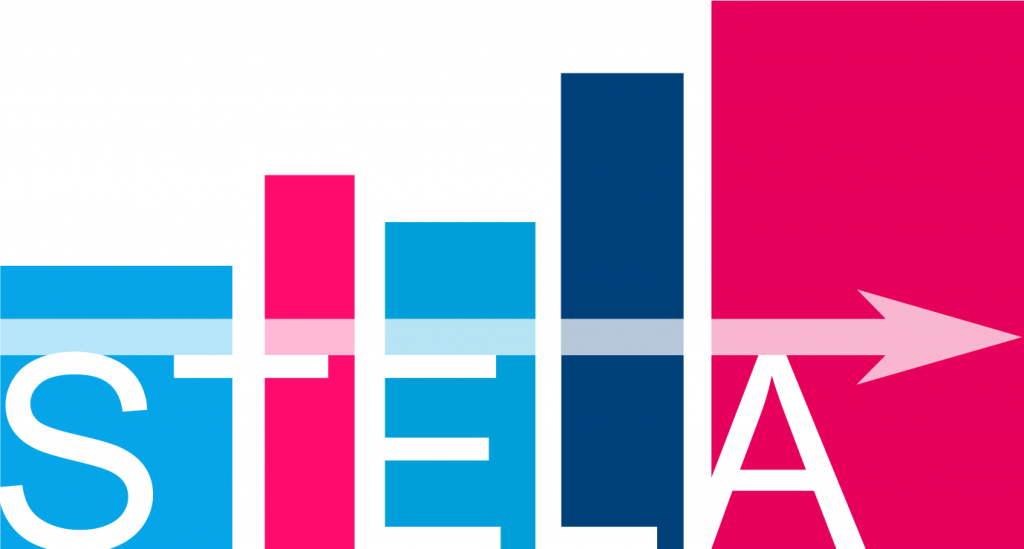Our contribution to this year International Conference on Engineering Design in Vancouver was titled „Enhancements in Engineering Design Education at Austrian HTL“
Introduction:
In 2007, a research partnership program between Austrian schools and universities called „Sparkling Science“ was founded by the Austrian federal ministry of Science, Research and Economy (Birke, 2013). The main objective has been to bring science and schools together, in particular, to increase interest for STEM subjects (Science, Technology, Engineering and Mathematics). The reason for this project is because of huge demand for engineers both in Austria and in Europe. Through such projects, students of Austrian schools are able to work together with scientists of universities or universities of applied sciences on defined project tasks (Probst et al., 2016). Since 2007 the Austrian vocational school HTL Linz LITEC has conducted three Sparkling Science projects with TU Wien, with two projects focusing introducing product data management (PDM) to engineering design education and the other project focusing on systems engineering.
Reference: Probst, A., Gerhard, D., Ramseder, N., Ebner, M. (2017) Enhancements in Engineering Design Education at Austrian HTL. In: Proceedings of the 21st International Conference on Engineering Design (ICED17), Vol. 9: Design Education, Vancouver, Canada, 21.-25.08.2017. pp. 1-8

